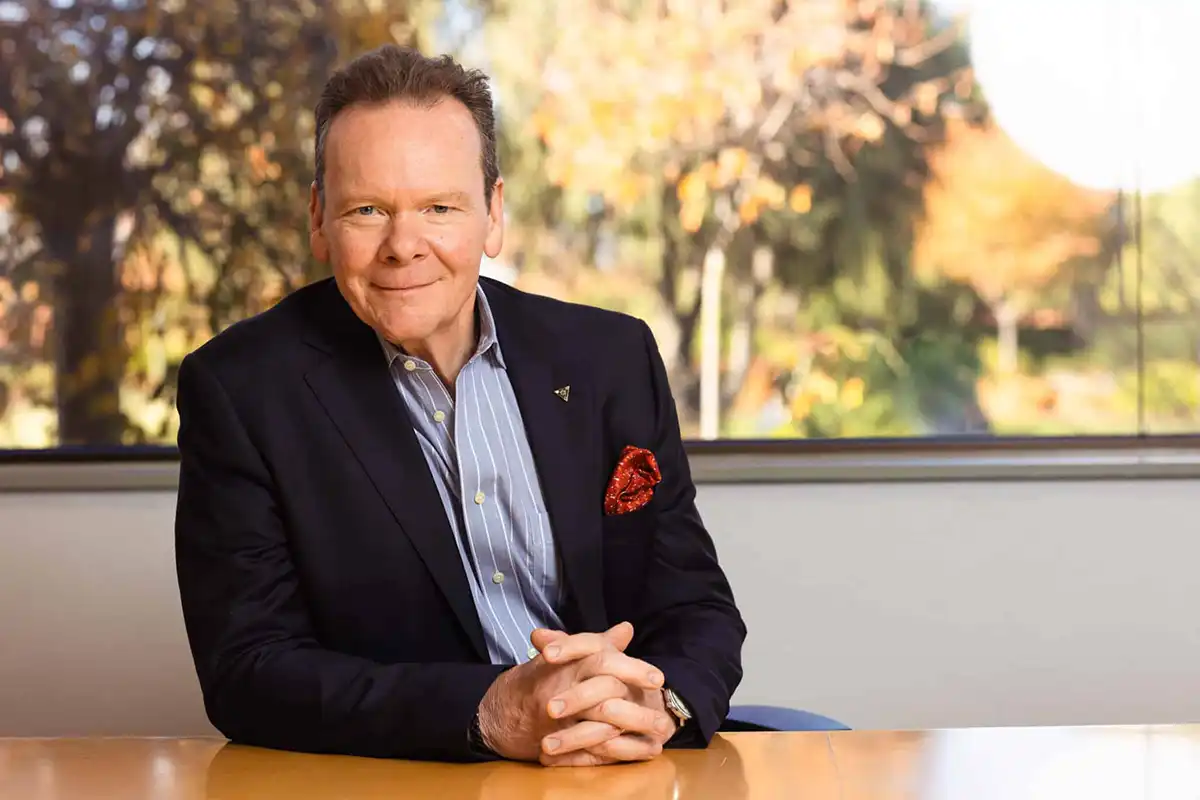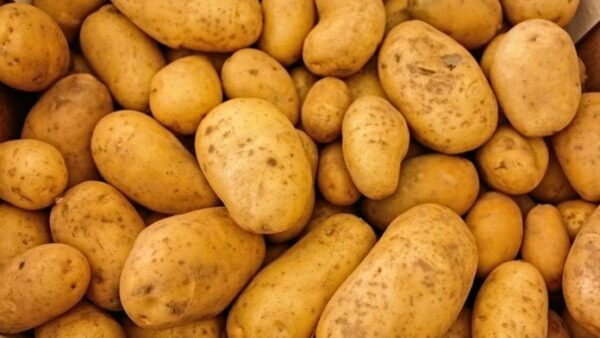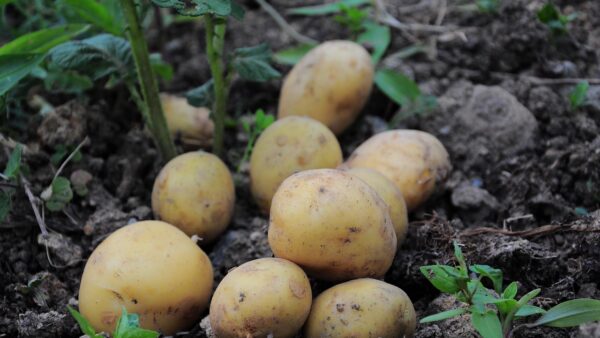Hiring quality employees now is tough. But this has been an on-going challenge for agriculture for the past few years. Only a small percentage of American kids grow up on farm today, and it’s fewer than at any other moment in our nation’s history. Companies that hire for ag or seed related careers have reacted by relying more on contracted labor and automation.
This has completely changed the definition of an entry-level employee.
As recently as 10 years ago, an entry-level employee at Gro Alliance would have started in the field as a detasseler or roguer. As the season progressed, he or she would move to the sorting line and eventually spend the winter stacking bags, sweeping the warehouse and breaking bags to prep for rework.
Today, none of those jobs are done by full-time, entry-level employees. Through a combination of labor contractors and automation, almost all the former entry-level responsibilities have been replaced with more complex tasks.
New employees now start off managing a detasseling crew, a team of field scouts, the packaging line team or PLC controls in the conditioning facility. Entry-level jobs today require the ability to supervise, problem-solve and learn interconnected technology systems incredibly fast.
This, of course, dramatically changed the type of candidate we look for when hiring. An aptitude for learning and key soft skills like analytical thinking and reasoning are requirements. He or she needs to have an attitude that embraces change and the ability to balance several unique projects at the same time. Mechanical skills and agronomic experience are still very important, but we are more concerned about the “who” we are hiring versus the “what” on their resume.
This also impacts how we train new employees. We’ve condensed the training cycle by making it more intensive. One-on-one coaching and individualized mentorship are partnered with learning-by-doing to get new hires through the developing phase and into the contributing phase as quickly as possible. We take extra time to explain the “why” behind everything they do and create an atmosphere where employees are both empowered and have a high level of accountability.
We have been able to continue to attract high-quality employees that are the foundation of the seed supply chain services we provide to our clients by shifting the definition of an entry-level employee.
In short, an entry-level employee needs to be more qualified than ever!







